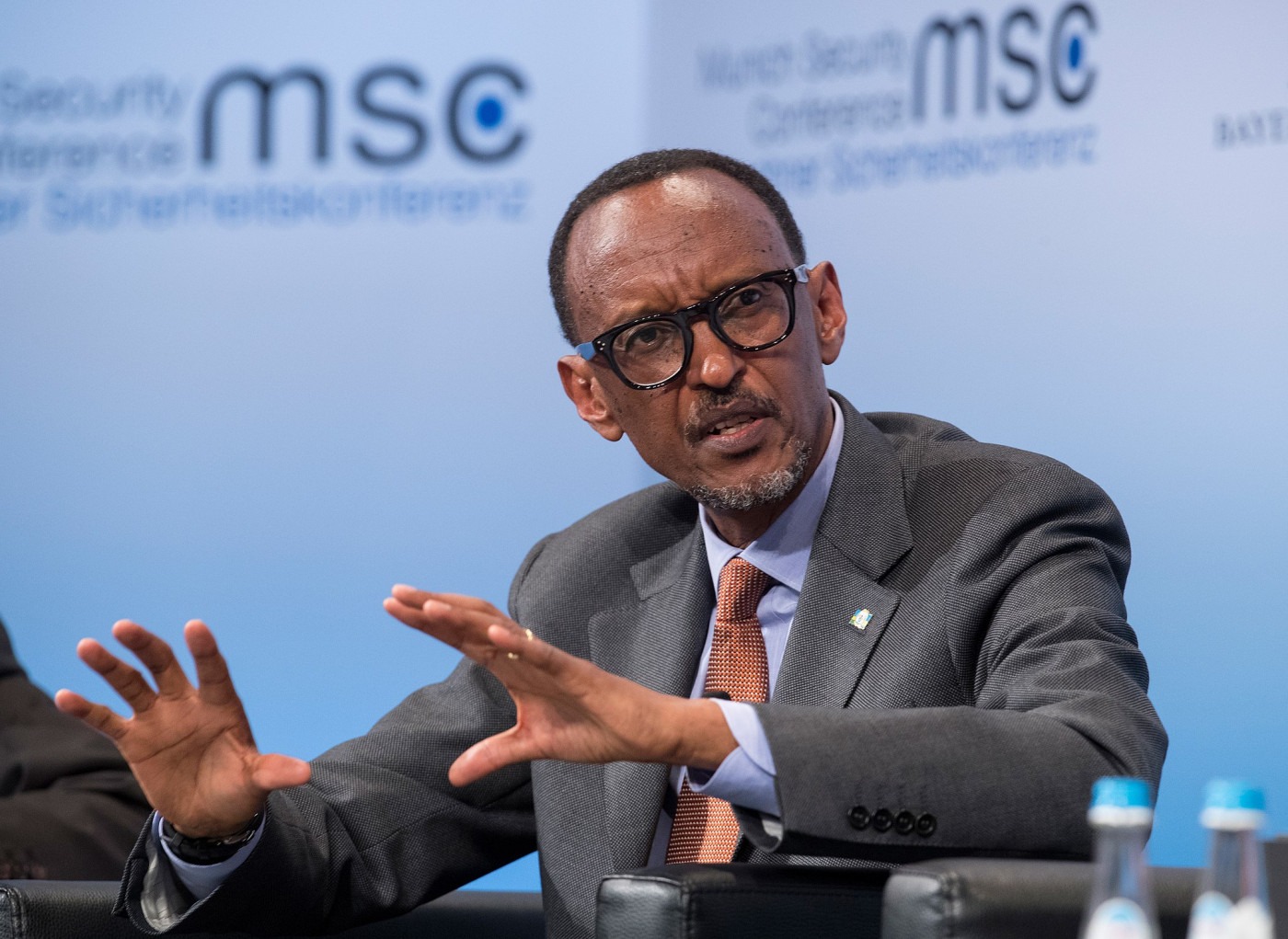Rwanda launches bid to host Formula 1 Grand Prix
Rwanda has officially launched a bid to host a Formula 1 Grand Prix, signalling a significant step towards bringing the sport back to the African continent. Rwandan President Paul Kagame announced the proposal at the FIA General Assembly held in Kigali this December.
The planned track, a permanent circuit near the upcoming Bugesera airport close to Kigali, is being designed by former F1 driver Alexander Wurz. This marks a departure from Hermann Tilke, who has been the designer for most of the tracks introduced over the past two decades. While Rwanda cannot immediately join the F1 calendar due to the pre-set 2025 schedule, a potential slot may open in 2027 following the announced removal of the Dutch Grand Prix after 2026.
Lewis Hamilton has been a vocal advocate for the sport’s return to Africa
Formula 1 has not hosted a race in Africa since the 1993 South African Grand Prix. Seven-time world champion Lewis Hamilton has been a vocal advocate for the sport’s return to Africa, citing its potential to showcase the continent’s beauty and boost tourism. Rwanda has similarly sought to enhance its global image through sports, including a prominent sponsorship deal with Arsenal FC.
The bid comes against the backdrop of President Kagame’s long-standing office, characterised by significant economic growth and political centralisation. Since 2000, Rwanda has averaged a GDP growth rate of 7%, with foreign direct investment rising from $8 million in 2000 to nearly $400 million in 2022. The government has invested heavily in infrastructure, positioning Rwanda as a hub for international conferences and events. These efforts are part of a broader strategy to brand the nation as a modern and forward-thinking destination for business and tourism.
Rwanda’s Formula 1 bid aligns with its broader efforts to improve its international standing through soft power initiatives
While Kagame’s administration highlights these achievements, critics point to his extensive grip on power and the suppression of political freedoms. The president’s overwhelming election victories, including securing 99.1% of votes in 2024 and constitutional amendments allowing him to seek additional terms, have drawn international scrutiny. Human rights organisations have raised concerns over limited political opposition and restrictions on free speech, painting a more complex picture of Rwanda’s governance.
Supporters of Kagame’s government argue that his policies have been instrumental in fostering reconciliation and economic transformation following the 1994 genocide. The administration credits these policies with uniting a fractured society and building a resilient economy. Critics contend that such progress has come at the expense of genuine democratic competition and individual freedoms, creating a delicate balance between development and political control.
Rwanda’s Formula 1 bid aligns with its broader efforts to improve its international standing through soft power initiatives and military diplomacy. While the proposal could enhance Rwanda’s global reputation, it also highlights the tension between the country’s developmental strides and its contested political landscape. The success of the bid will depend not only on logistical and financial considerations, but also on how the international community perceives Rwanda’s political and human rights record.

Comments